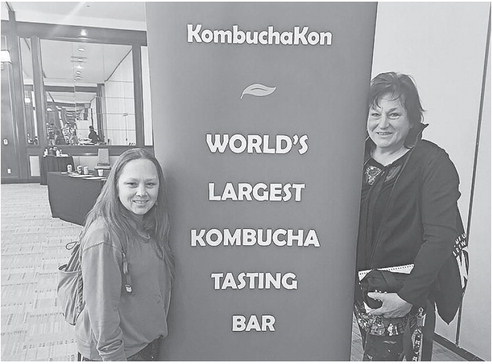BFF Kombucha taps into desire for better health


TRIBUNE RECORD GLEANER
For one central Wisconsin family looking to help people on their health journey while also selling a product they firmly believ...


TRIBUNE RECORD GLEANER
For one central Wisconsin family looking to help people on their health journey while also selling a product they firmly believ...